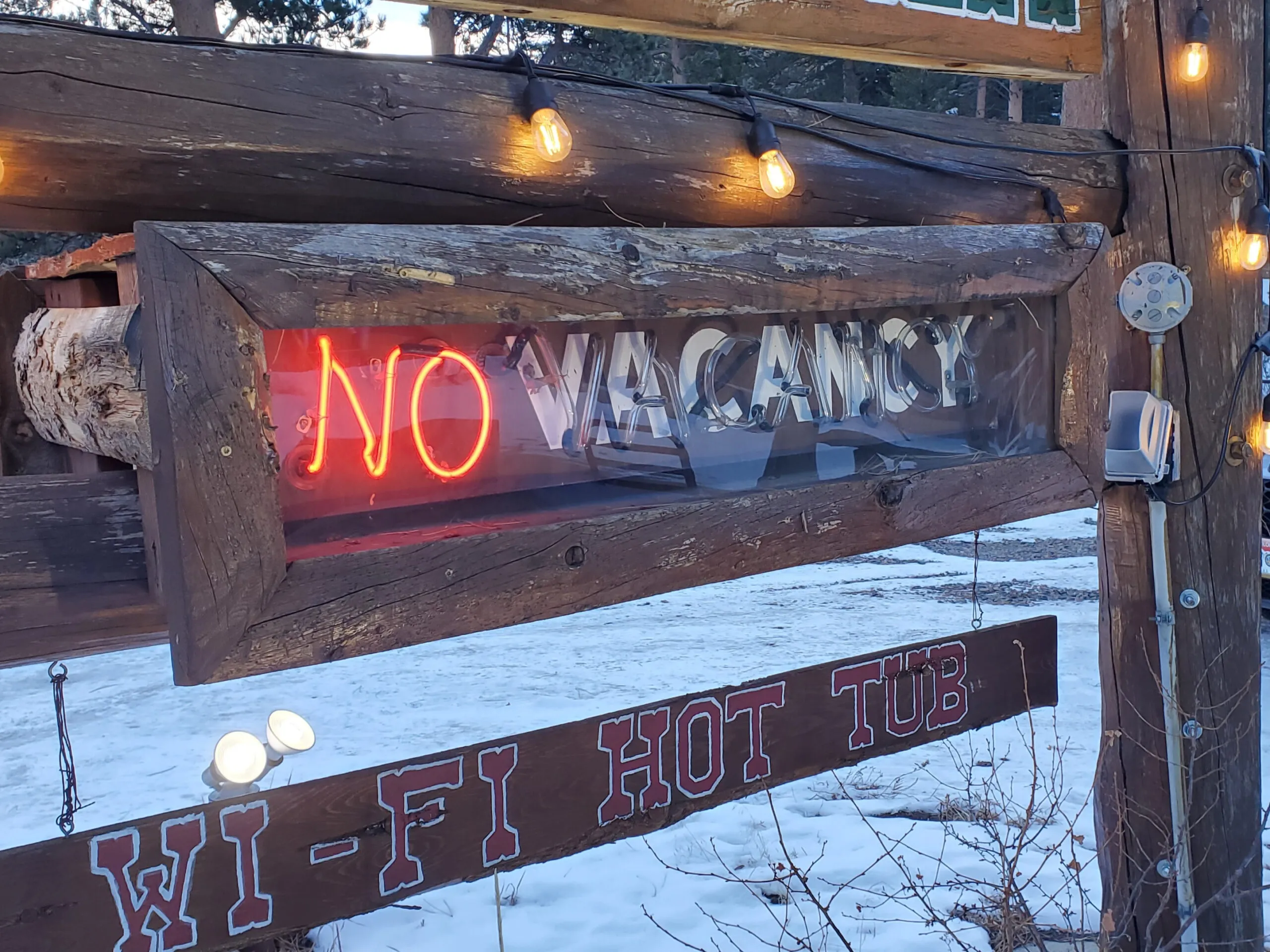Loveland OKs temporary moratoriums on new drilling, metro districts

LOVELAND – With a pair of 7-2 votes, the Loveland City Council on Tuesday imposed temporary moratoriums on new applications for fossil-fuel drilling and on the creation of residential metropolitan taxing districts.
The freeze on new applications for oil and gas extraction within the city limits will extend until June 1 to give city staff time to tighten the city’s regulations to match or exceed those recently passed by Larimer County. Meanwhile, the six-month freeze on new metro districts is designed to give the city time to ensure that developers provide more transparency for homeowners about what they’ll be paying and…
THIS ARTICLE IS FOR SUBSCRIBERS ONLY
Continue reading for less than $3 per week!
Get a month of award-winning local business news, trends and insights
Access award-winning content today!





